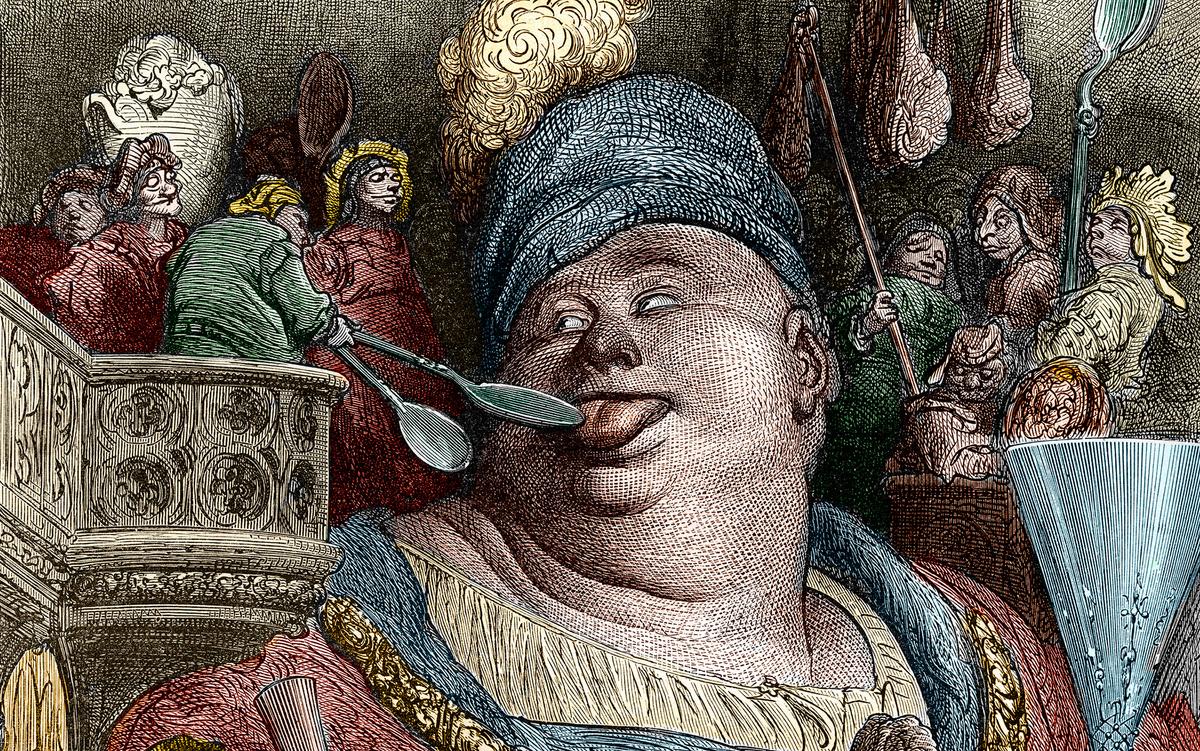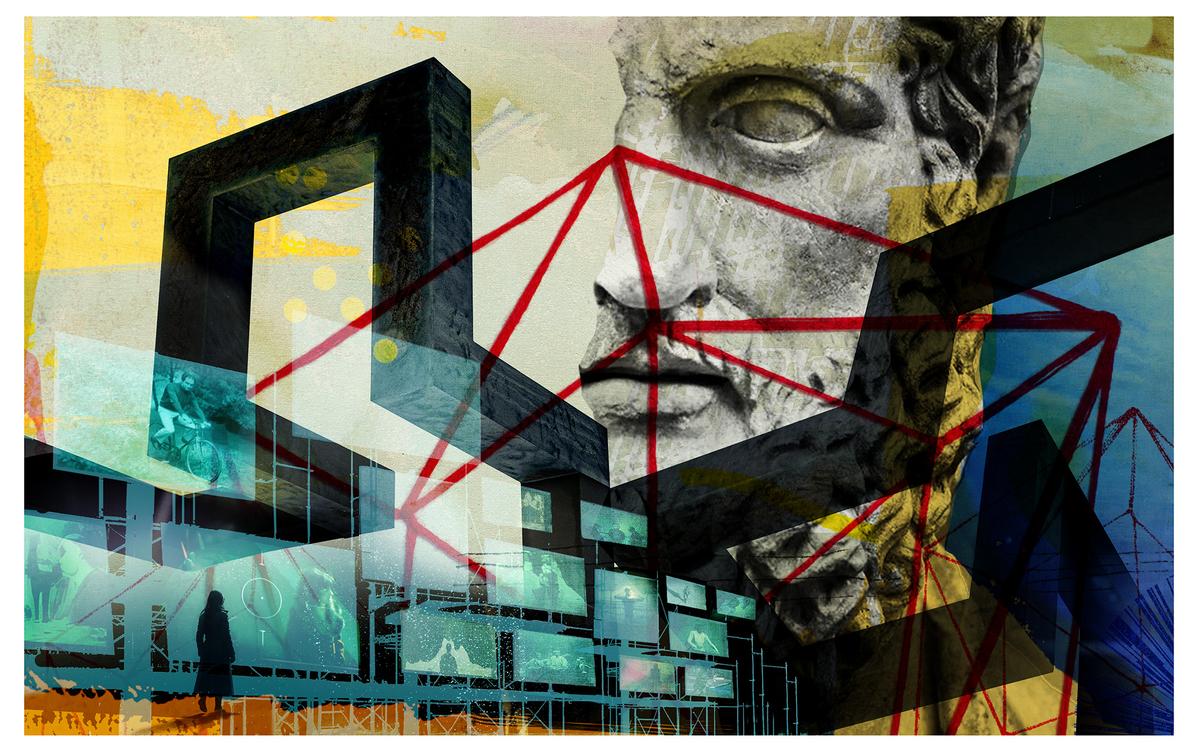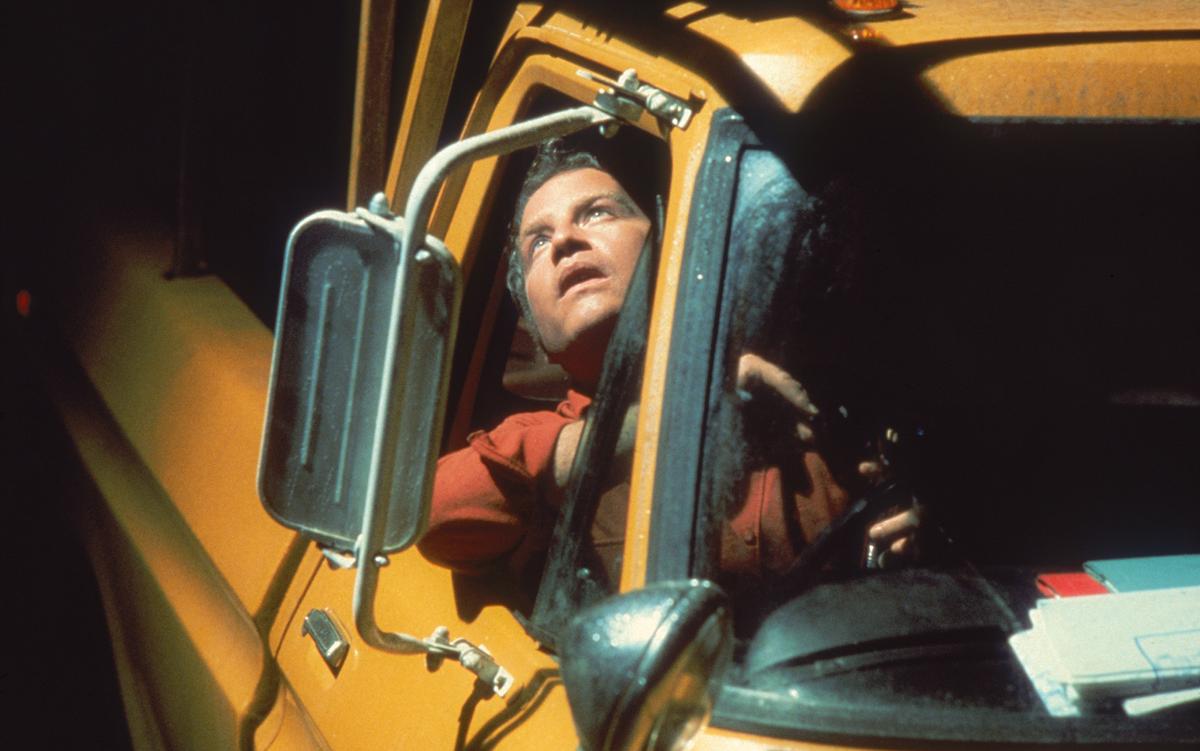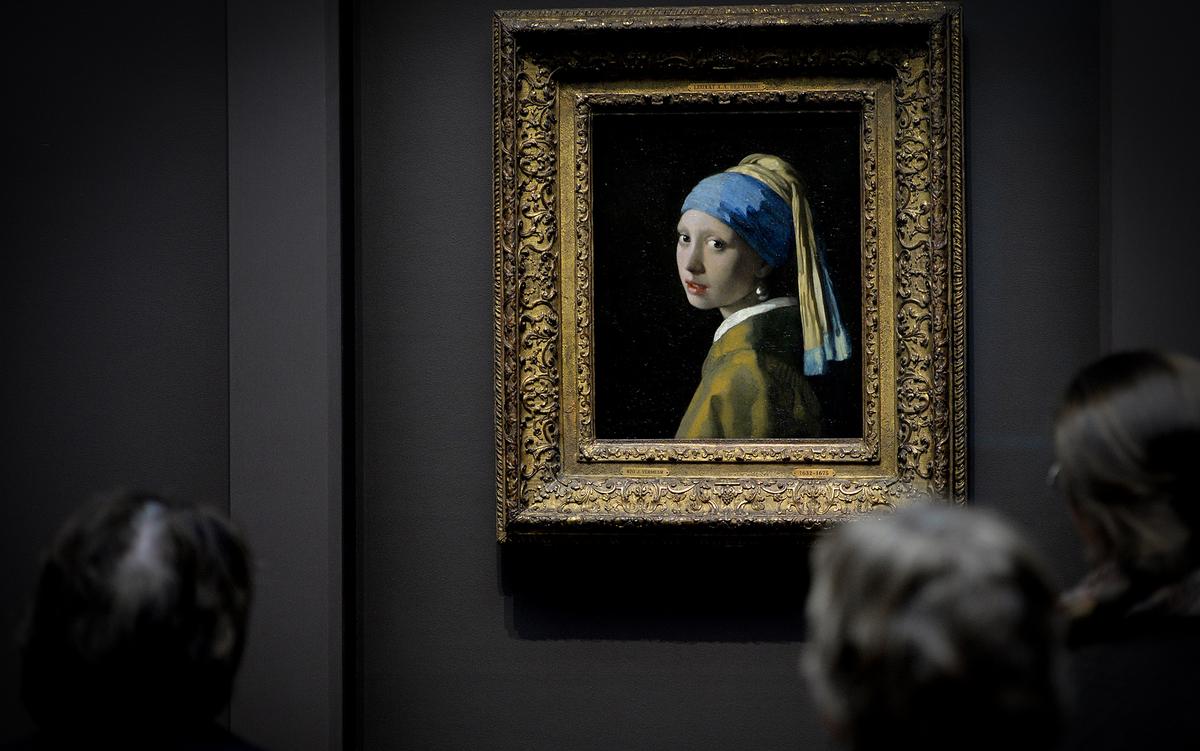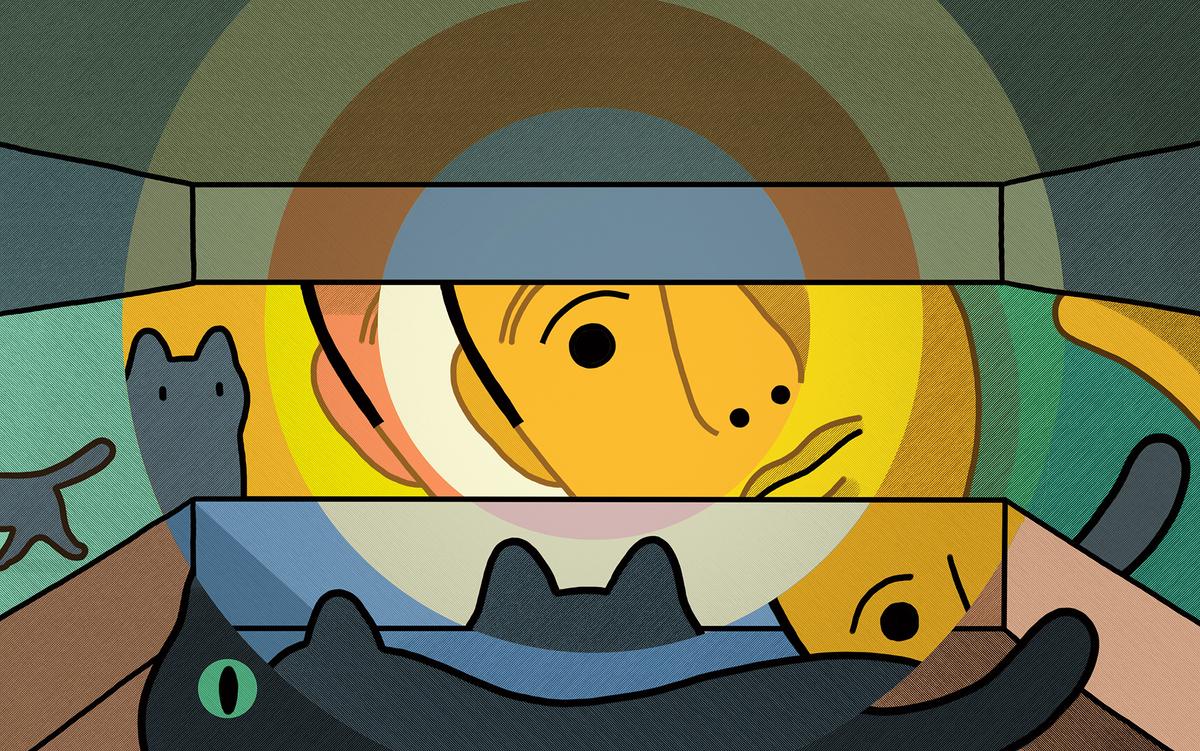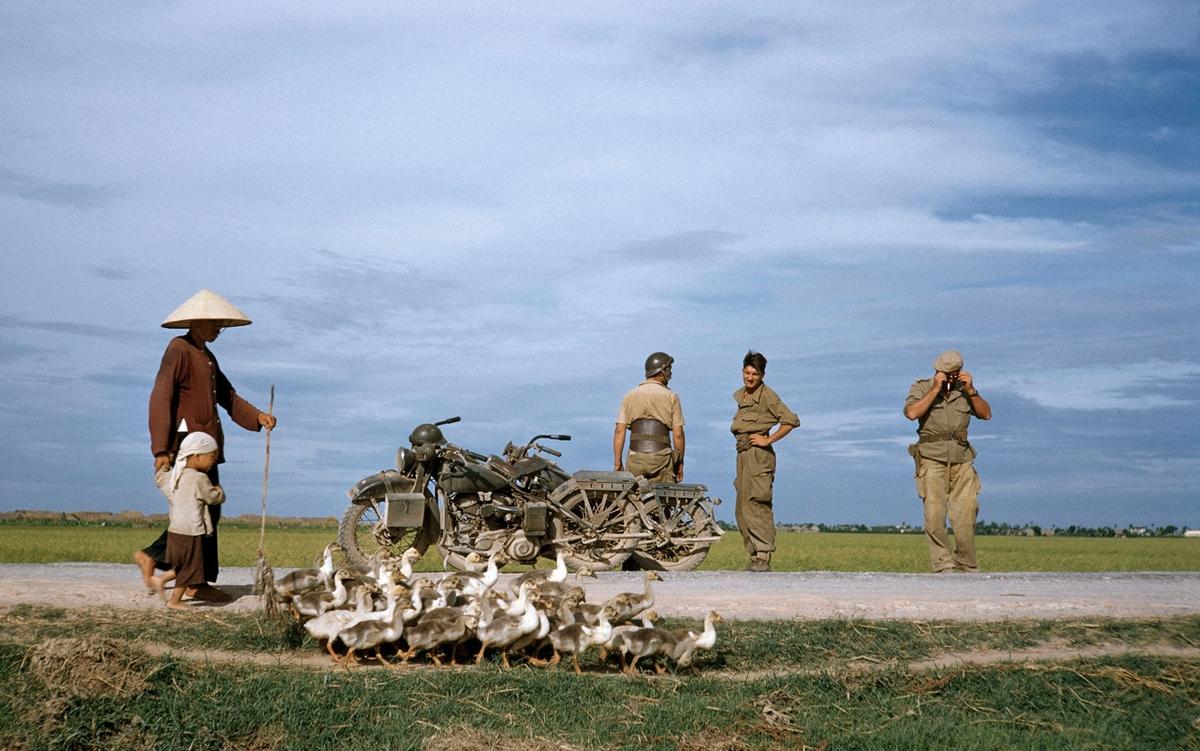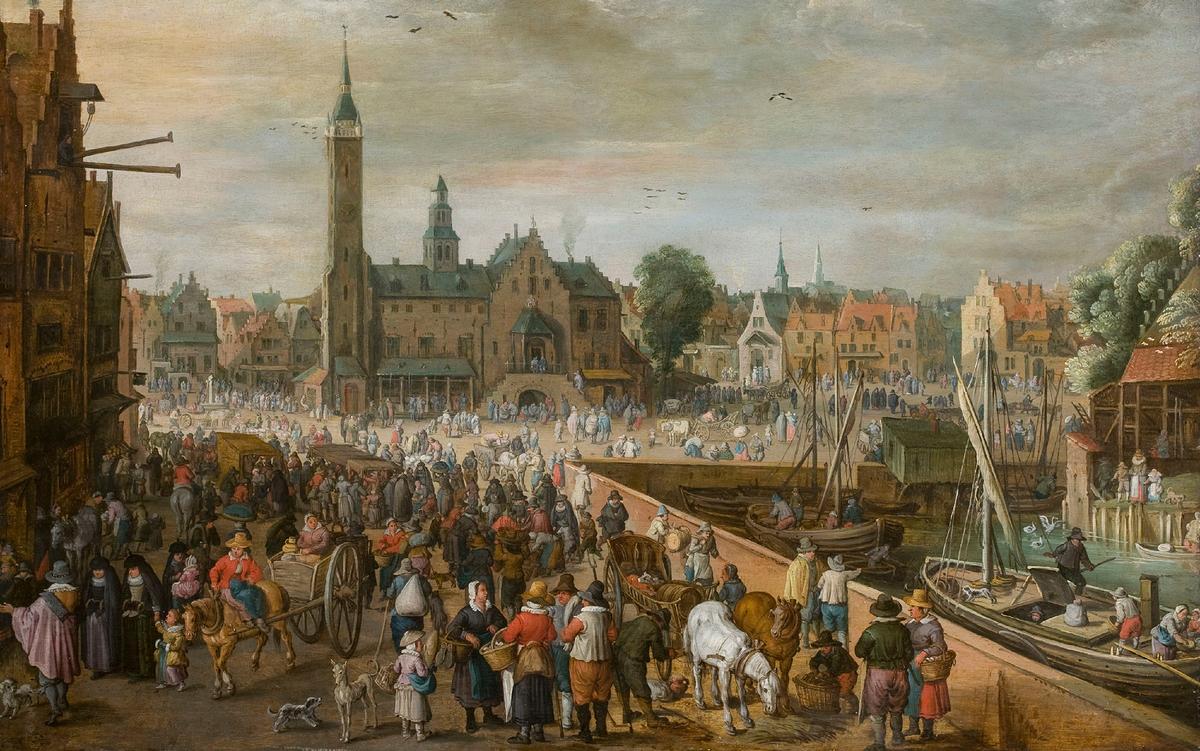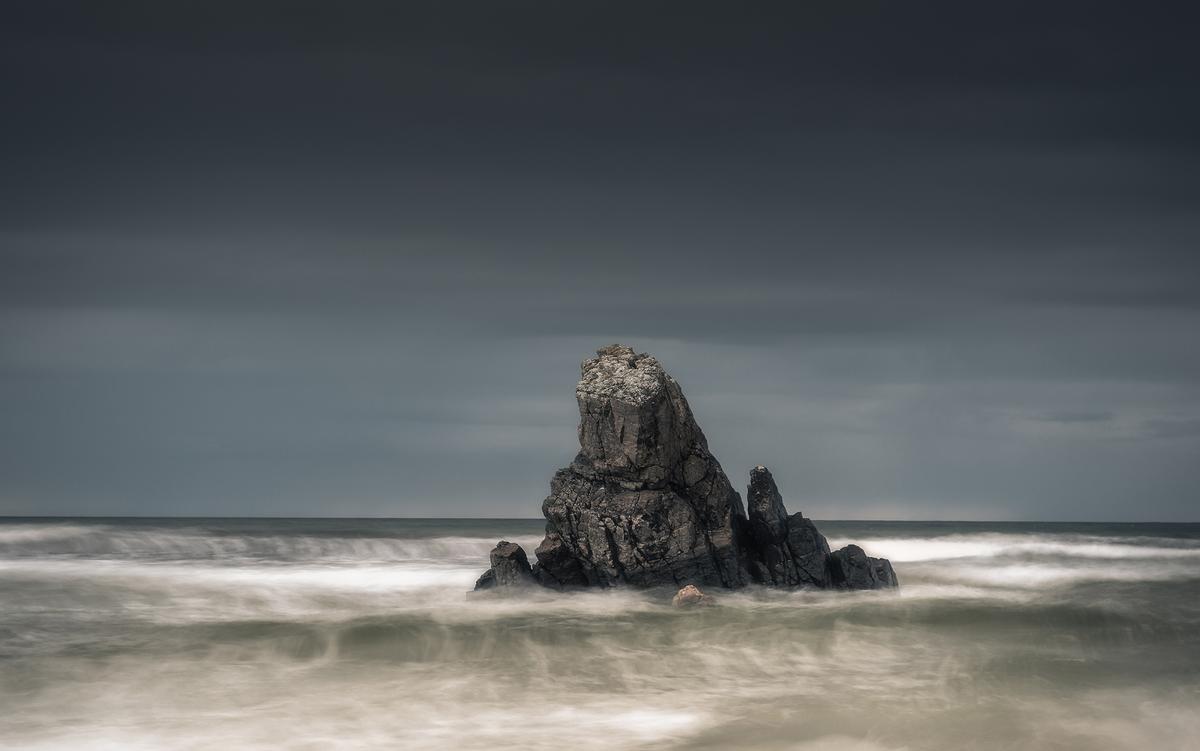Love: The Foundation of Morality? Iris Murdoch's Perspective

Philosopher Iris Murdoch argues that love is central to morality. She posits that morality hinges on how we perceive the world, and that 'attentive love' helps overcome self-centered biases, allowing for clearer understanding of others and more ethical actions. Murdoch uses the example of a mother-in-law's prejudiced view of her daughter-in-law to illustrate that even without outward actions, biased perceptions constitute a moral failing. Overcoming this requires attentive love, which redirects us from self-focus towards others, leading to a truer grasp of reality.
Read more


